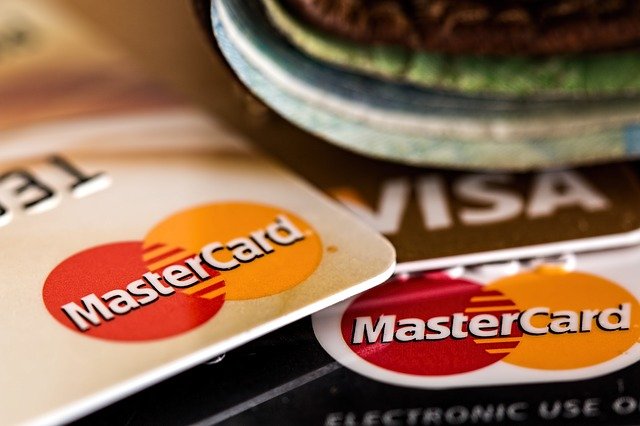The Buyt Desk
Credit card and debit card users understand the difference between both, but new users get confused between both cards and treat them as the same. Indeed there are similarities in both cards, such as they both avert the need to carry cash, have similar shapes, acceptable at most places, have 16 digit card numbers, pin codes and expiry dates. But the one key difference — withdrawing funds.
The primary difference between both cards is that a debit card takes the money that is available in your account. A debit card is a means to withdraw money from your account and allows you to make your purchase. The credit card, on the other hand, charges it to your line of credit. With the credit card, you are borrowing money from the card issuer, and eventually, you will have to pay back the amount, with interest if delayed.
The Difference in the Use Of Credit and Debit Card
The debit card and credit card could be used for spending money and are accepted almost everywhere. So, drawing money through a debit card means withdrawing your deposited amount.
The credit card, on the other hand, acts as a mini-loan.
Transaction Limit/Fund Availability
For a debit card, the fund availability depends on the existing balance in your savings account.
For credit cards, it depends on the pre-approved credit limit by the issuer.
Repayment and EMI Facility
The debit card withdraws money from your account so you don’t have to repay anyone. You spend what you have in your account.
The credit card borrows the money from the card issuer institution for a short time. Thus, you need to repay the spent amount. For this, you can either do the minimum due payment or the total outstanding. The institution that has issued a credit card starts charging interest on the spent amount when payment is not made on the due date.
Your Credit Score
Spending through a debit card has no relation to the credit score.
In case of delayed or failed payment, your credit score dwindles, and this will have a long term adverse impact on your credit score.
Charges For Both Cards
The debit card charges include processing fee, annual fee, joining fee, although, these days, most banks provide it free of cost.
The credit card charges include the annual fees, processing fee, foreclosure charges, late payment fee. All these charges are applicable on the credit card with terms and conditions.
Security Of Card
The bank offers low fraud liability with debit cards.
The issuing institution of the credit card offers high fraud liability with the credit card.
Eligibility For Card
An individual above 18 years of age, having a saving/current account in any bank, receives a debit card. Generally, it comes with a savings or current account kit.
The card issuance depends on the individual’s CIBIL score, credit history, transaction history with the bank, etc.
Rewards With Card
Banks offer rewards with a debit card, but they are not very lucrative. Most private banks reward users for spending through debit cards.
Credit card issuers offer lucrative rewards with the credit card, such as discounts on restaurant bills, travel, drinks, etc. Along with that, they also give points for all spendings, and it is monetizable.







